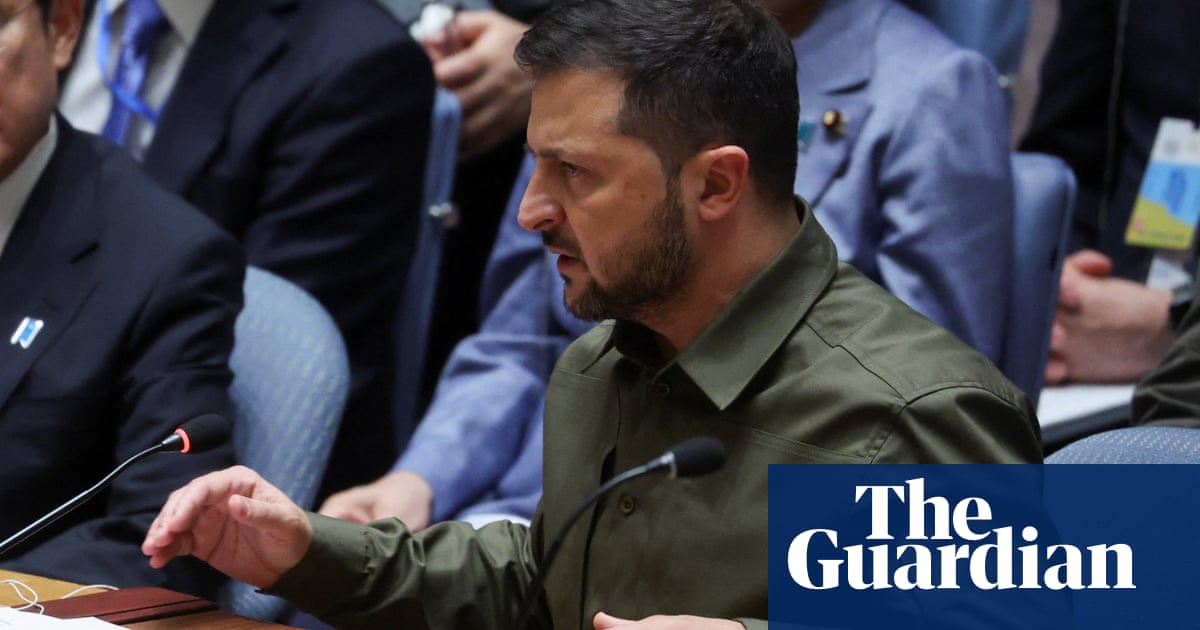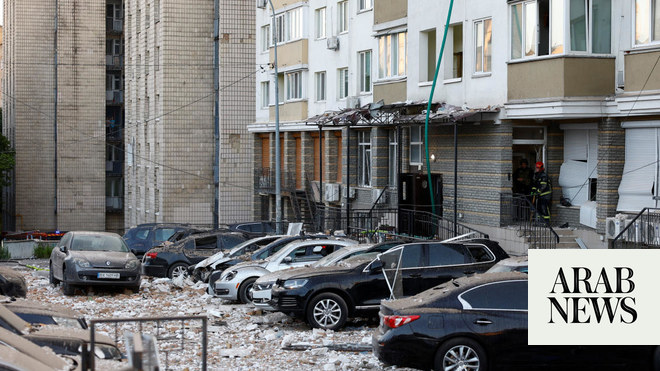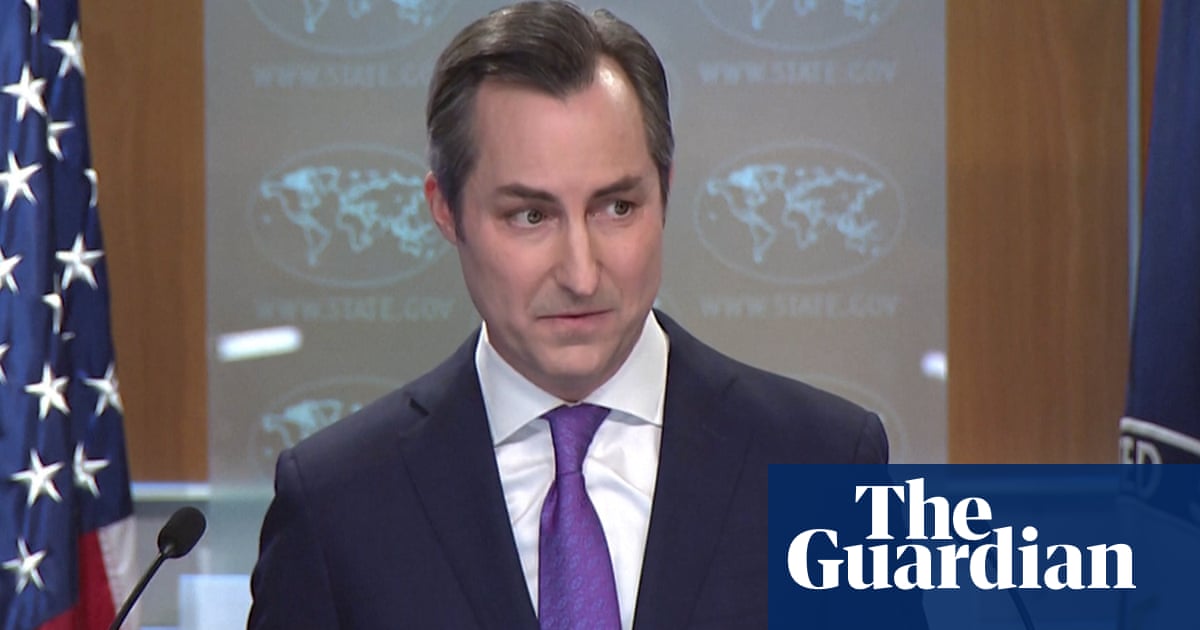
Volodymyr Zelenskiy has told the UN security council that the way to bring peace in Ukraine and to prevent further wars of aggression is through fundamental UN reform.
The Ukrainian president argued that the war had demonstrated the need to limit veto power, give the UN general assembly the power to override vetoes, and expand the council’s permanent members beyond the current five powers, who acquired their privileged position in the wake of the second world war.
Addressing the UN security council in New York, the Ukrainian president said the fact that Russia – the aggressor state in Ukraine – also has a veto to prevent the security council doing anything to stop the war, made a nonsense of the UN.
“All the UN actions, either by the security council or by the general assembly, that could have stopped this aggression are shattered by the privilege granted to the aggressor with this seat,” Zelenskiy said.
“We should recognise that the UN finds itself in a deadlock on the matters of aggression. Humankind no longer pins its hopes on the UN when it comes to the defence of the sovereign borders of nations,” he added.
In the current system, Zelenskiy said, the search for real solutions has been displaced by “aspirations to compromise with killers”.
He laid out proposals for UN reform as part of his 10-point peace plan. He supported a suggestion, which has been championed by France in the past, that in case of “mass atrocities against human rights” the veto powers of the permanent members – Russia, the US, UK, China and France – should be voluntarily suspended.
Anticipating that Russia would not relinquish its privilege, Zelenskiy argued the UN general assembly should have the power to override a security council veto, with a two-thirds majority.
The president also threw his weight behind widespread and growing calls for the expansion of the security council to accommodate more permanent members, giving broader representation for Asia, a seat for the African Union, the Islamic world, and Germany.
Over the past year, the US has also expressed support for security council reform. It is an issue that drives a wedge between Russia, China and the global south, including fellow members of the Brics group: Brazil, South Africa and India. Moscow and Beijing have historically been opposed to any changes in the status quo that would affect their veto.
At the beginning of the session, the Russian permanent representative, Vasily Nebenzya, had challenged Zelenskiy’s right to speak first in the council. The Albanian prime minister, Edi Rama, chairing the session, told Nebenzya: “There is a solution for this. If you agree you will stop the war, President Zelenksiy will not take the floor.”











